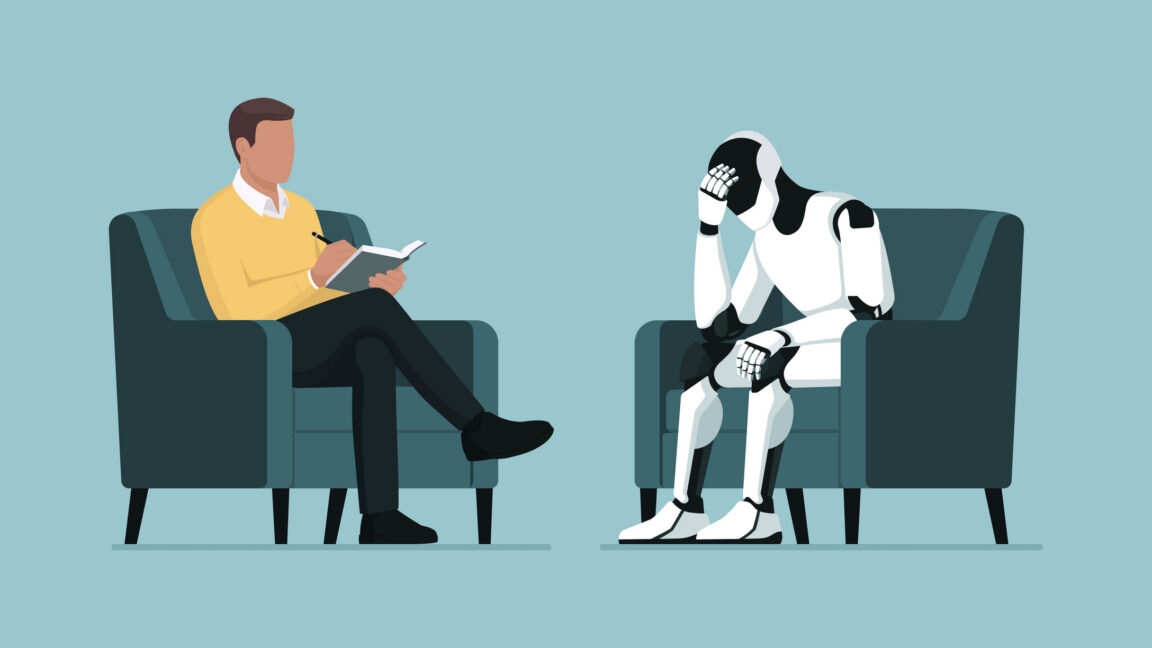It seems possible that OpenAI hopes the child experts can provide feedback on how ChatGPT is impacting kids’ brains while De Choudhury helps improve efforts to notify parents of troubling chat sessions.
More recently, De Choudhury seemed optimistic about potential AI mental health benefits, telling The New York Times in April that AI therapists can still have value even if companion bots do not provide the same benefits as real relationships.
“Human connection is valuable,” De Choudhury said. “But when people don’t have that, if they’re able to form parasocial connections with a machine, it can be better than not having any connection at all.”
First council meeting focused on AI benefits
Most of the other experts on OpenAI’s council have backgrounds similar to De Choudhury’s, exploring the intersection of mental health and technology. They include Tracy Dennis-Tiwary (a psychology professor and cofounder of Arcade Therapeutics), Sara Johansen (founder of Stanford University’s Digital Mental Health Clinic), David Mohr (director of Northwestern University’s Center for Behavioral Intervention Technologies), and Andrew K. Przybylski (a professor of human behavior and technology).
There’s also Robert K. Ross, a public health expert whom OpenAI previously tapped to serve as a nonprofit commission advisor.
OpenAI confirmed that there has been one meeting so far, which served to introduce the advisors to teams working to upgrade ChatGPT and Sora. Moving forward, the council will hold recurring meetings to explore sensitive topics that may require adding guardrails. Initially, though, OpenAI appears more interested in discussing the potential benefits to mental health that could be achieved if tools were tweaked to be more helpful.
“The council will also help us think about how ChatGPT can have a positive impact on people’s lives and contribute to their well-being,” OpenAI said. “Some of our initial discussions have focused on what constitutes well-being and the ways ChatGPT might empower people as they navigate all aspects of their life.”
Notably, Przybylski co-authored a study in 2023 providing data disputing that access to the Internet has negatively affected mental health broadly. He told Mashable that his research provided the “best evidence” so far “on the question of whether Internet access itself is associated with worse emotional and psychological experiences—and may provide a reality check in the ongoing debate on the matter.” He could possibly help OpenAI explore if the data supports perceptions that AI poses mental health risks, which are currently stoking a chatbot mental health panic in Congress.

